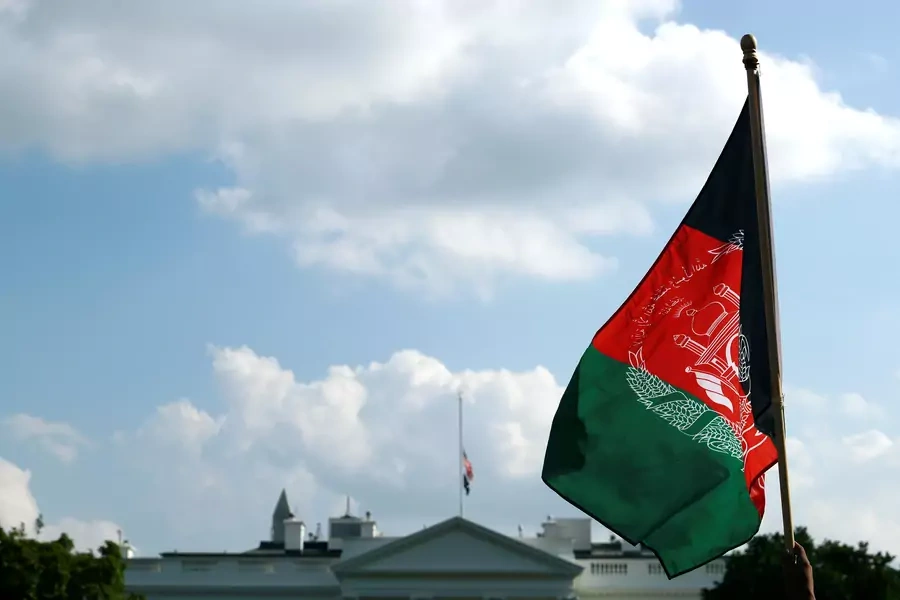The U.S. War in Afghanistan Twenty Years On: Public Opinion Then and Now

Twenty years ago today, the United States launched airstrikes against the Taliban. Dubbed Operation Enduring Freedom, it was the start of the U.S. war in Afghanistan. No one knew at the time it would become the longest war in U.S. history. The departure of the last U.S. troops from Afghanistan this past August has spurred debates over the war’s wisdom. Whatever history’s judgment, what shouldn’t be forgotten is that the American public supported the entry into a war it understood might be long and difficult.
Not surprisingly, public support for responding militarily to the 9/11 attacks ran high in early fall 2001. A Washington Post/ABC News poll released two days after the Twin Towers fell found that 93 percent of Americans backed taking military action against whoever was responsible for the 9/11 attacks. More than eight in ten respondents said their support extended to going to war.
More on:
The decision to attack Afghanistan specifically was similarly popular. In the early months of the fighting support for the war at times topped 90 percent. A November Washington Post/ABC News poll found 71 percent of Americans supported sending large numbers of troops into Afghanistan.
However, even in the early days of the war, Americans harbored doubts about the chances of success and the potentially high price tag. A poll in late October 2001 found that only 28 percent of Americans were very confident that the United States could capture or kill bin Laden, Operation Enduring Freedom’s primary goal. A November Gallup poll found that 87 percent of Americans thought the war would be long. When asked about the chance of causalities among U.S. troops in Afghanistan, 51 percent said they thought the number would likely be high. In mid-December, 80 percent of Americans said that they thought that the most difficult part of the U.S. involvement in Afghanistan had yet to come.
Americans got the long war they expected. So what do they think about it in retrospect? A once popular war became anything but. An August poll by AP/NORC on August 16 found that 62 percent of Americans thought the war in Afghanistan wasn’t worth fighting. Both Republicans (57 percent) and Democrats (67 percent) shared this view. In addition, a NPR/PBS NewsHour/Marist poll found that 71 percent of American adults thought the war was a failure. Similarly, a poll from Pew in late August found that 69 percent of Americans didn’t think the United States achieved its goals in Afghanistan.
Although the public broadly supported President Joe Biden’s decision to withdraw all troops, they didn’t support the way it happened. A Washington Post/ABC News poll released last month found that among those who approved of the withdrawal, just 26 percent also approved of how it was done; 52 percent disapproved.
In all, nearly 2,400 U.S. troops and more than 46,300 Afghan civilians were killed over two decades of fighting. The United States spent more than $2.3 trillion dollars seeking to remake Afghanistan. That blood and treasure cannot be forgotten or regained. On this anniversary, it’s worth remembering that robust public support at the start of a war does not guarantee public support at its end.
More on:
 Online Store
Online Store